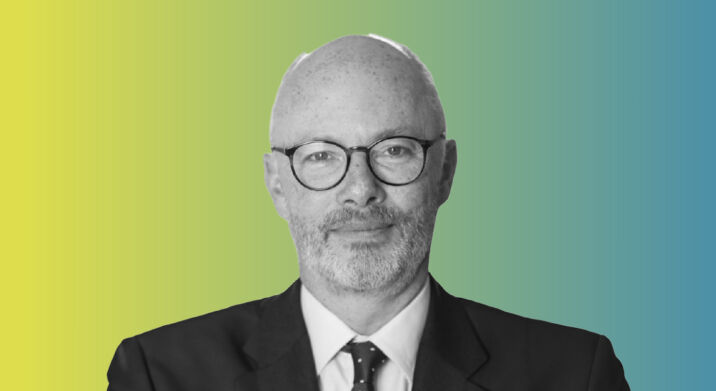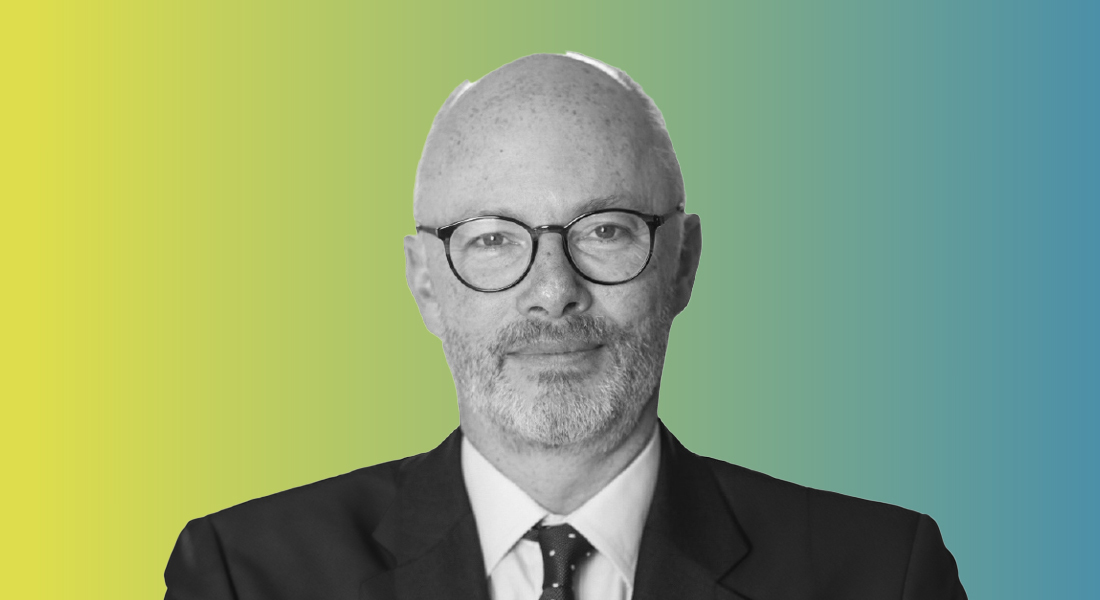 Simon Hallett, Cambridge Associates
Simon Hallett, Cambridge Associates“I have sensed, over the last two or three years, a degree of weariness and loss of momentum in investor climate movements. I think it’s partly down to drowning in data and overemphasising data and reporting, at the expense of decision making and action,” Simon Hallett, partner at Cambridge Associates and head of the firm’s climate strategy, tells New Private Markets.
“We want to bring to clients a more action-orientated, direct, empowering approach to thinking about climate, whereas I think parts of the climate finance world have gotten wrapped up and entangled in standards and data and are spinning their wheels.”
Boston-headquartered Cambridge advises endowments, foundations, pensions and private clients on their investment activity. The firm has $224 billion in private assets under advisement, according to its website.
As climate investing has entered the mainstream, the question of how best to capture the impact achieved has become a key consideration. However, while “data can be a proof statement for the argument that you make” with regards to impact, “if you start with the data, then it confuses what the argument is,” Hallett says.
Instead, Cambridge’s starting point when assessing an impact strategy is: “What’s the channel by which, if you chose to use it, you could have a positive climate impact?” Once that has been established, then it is possible to identify “what data to look for and ask for”.
“Rather than try and apply the same rigid framework to every single part of a portfolio, whether or not it matters and whatever the strategy happens to be, we’d prefer to have a constructive two-way dialogue with investment managers with the industry.”
Hallett will be speaking at this year’s Impact Investor Global Summit, which will be held in London on 20-21 May. He will be taking part in an allocator perspectives panel alongside Temasek impact investing director Eliza Foo and JPMorgan Private Bank head of impact investing Carlotta Saporito. Campbell Lutyens partner Paula Langton will be in the moderator’s chair.
Hallett intends to use the conference “to both spread this message about flexible action-orientated approaches to impact, and to convene some like-minded organisations around those thoughts.”
State of nature
Beyond his own panel, Hallett views the conference as an opportunity to “understand the state of play in the world of natural capital”.
Natural capital investment has been a key talking point for a while. However, there remains “an enormous gap between the desire and the implementation model,” says Hallett. Investment in nature-based solutions is only a third of the level needed to reach climate, biodiversity and land degradation targets by 2030, according to a 2023 report by the UN Environment Programme.
Hallett says: “I sometimes wonder whether people are trying too hard to monetise something that’s not monetisable, and we instead need to think of a different approach to natural capital. That’s something I’m really interested in because we’ve seen one or two very appealing opportunities, but they’re few and far between.
“It’s a very tough area to get over the line with asset owners right now, however much they might actually want to commit capital.”
The Impact Investor Global Summit will take place at The Brewery, London, on 20-21 May.
